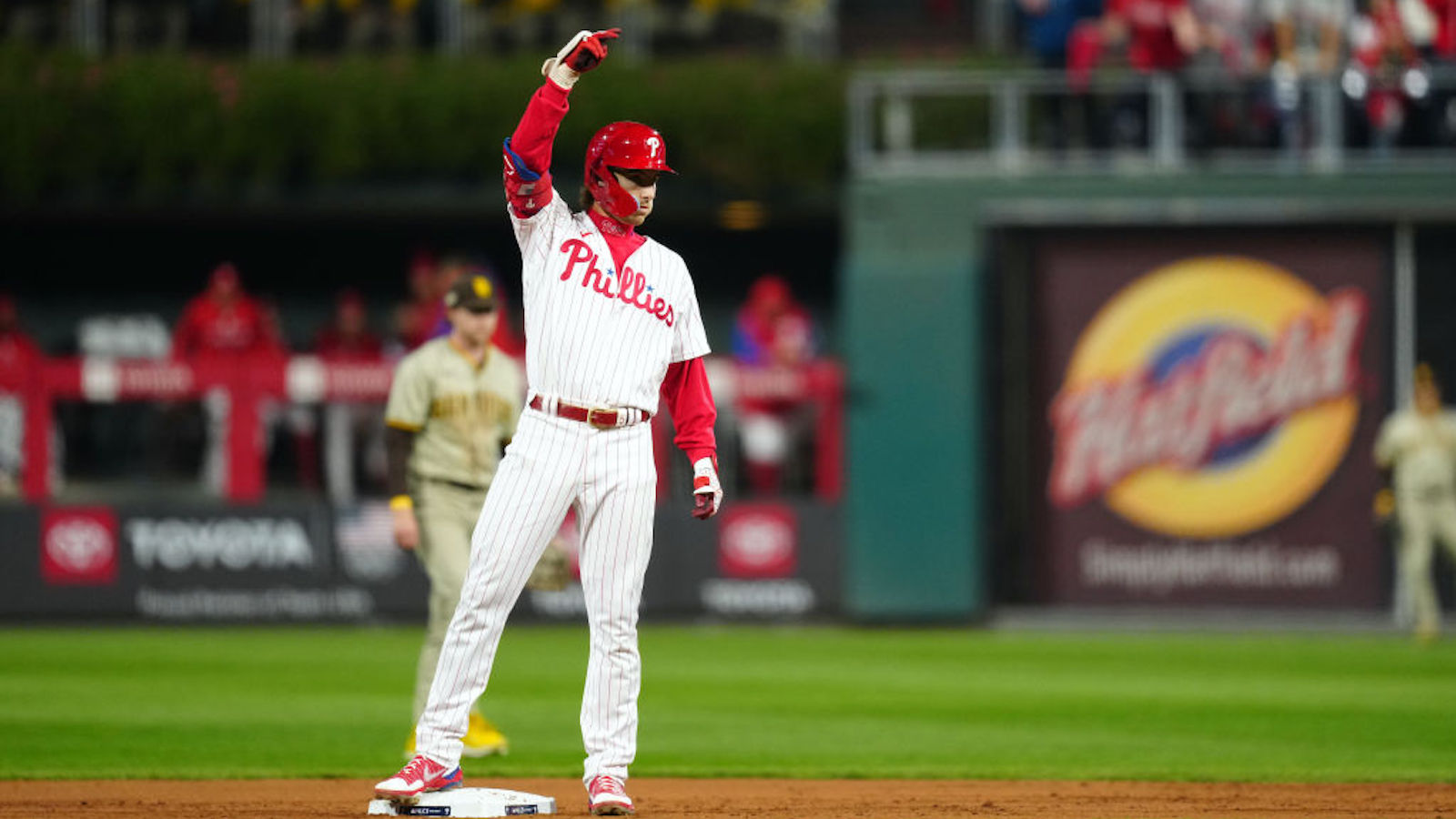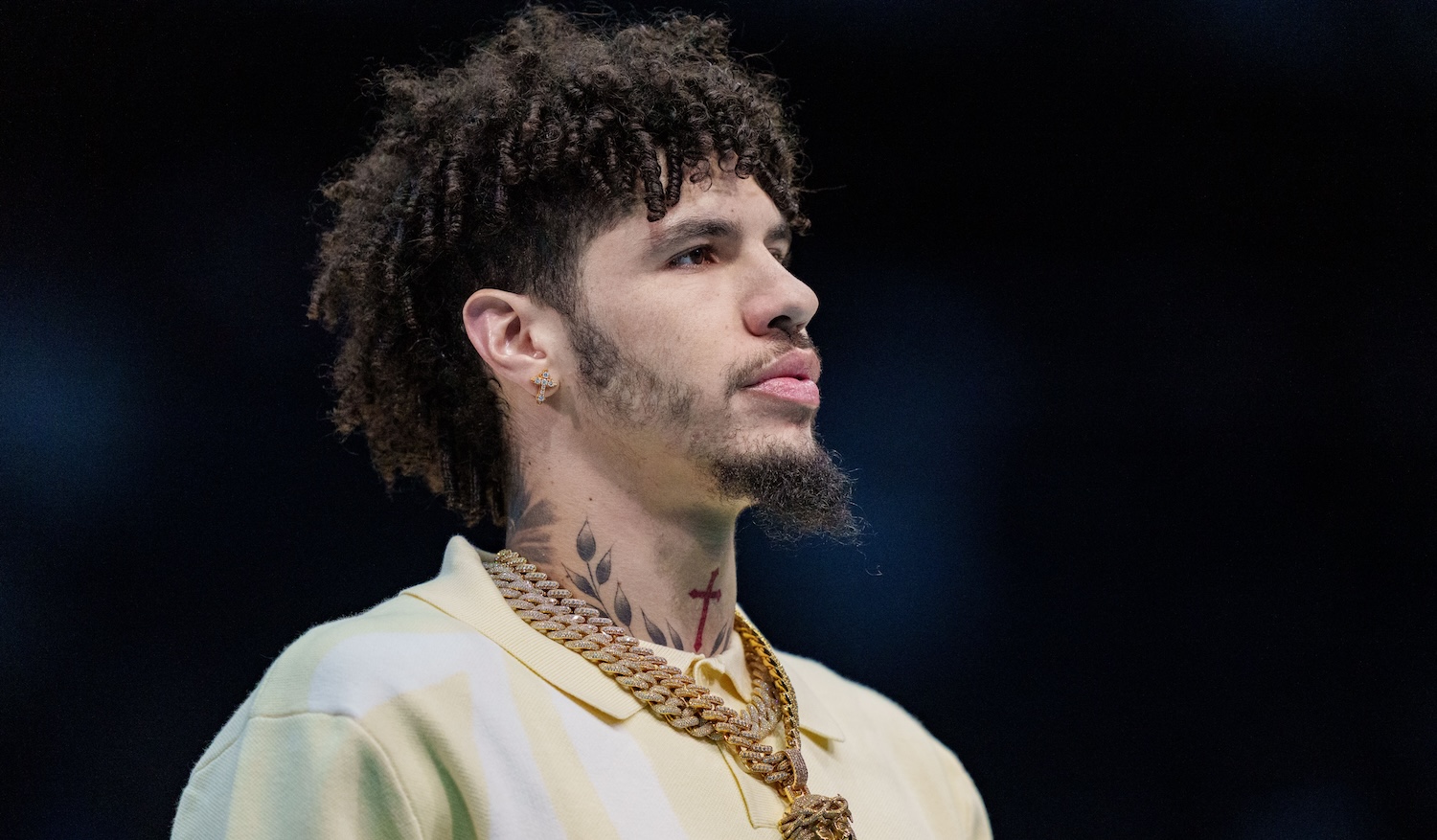On Monday, MLB's competition committee voted to permanently implement a rule that automatically places a runner at second at the beginning of every extra half-inning in a regular-season game. This has been the law of the land for the past two seasons, but created on an ostensibly temporary basis for the sake of lessening player wear and tear in lockout- and pandemic-altered seasons. As of yesterday, it's a permanent part of the game.
This shouldn't really surprise anyone, as just about every stakeholder in the game stands to benefit from it. The league office wants to shorten games; the players want to avoid marathon extra-inning affairs and the increased risk of injury and fatigue that those games bring; managers and front offices will be all too happy to avoid the distorting effects that a game going deep into extra innings can inflict on a roster. Any opposition to this rule is bound to be led by purists who believe that no baseball game can end too early or too late, and sickos who get a sort of sadistic thrill from enduring a baseball game which refuses to end.
The purists and sickos might have a point, though. It may be true that there are no material drawbacks to implementing this new rule, but its arrival shouldn't inspire too many good feelings about the direction in which the game is headed. Ghost runners are just the latest idea to be born out of central baseball's permanent defensive crouch, which it has pushed itself into based on the conviction that there is something wrong with the sport that requires fixing. The league office has spent the last decade or so casting about for solutions to problems that don't really exist, seemingly convinced that if it can tweak the dials just right—juice the balls a little bit over here, cut down the average time between pitches over there—some cosmic lock will finally open and the sport will become exactly as popular and beloved as it is in Rob Manfred's wildest dreams. The ghost runner rule might shorten games, but who decided that we need shorter games, and why? Maybe it was someone who didn't want any decline in baseball's popularity being pinned on more obvious causes, like teams underspending or manipulating players' service time or the league's draconian blackout rules.
Even granting the league's premise that games benefit from being shortened for a variety of reasons, the ghost runner rule doesn't succeed as a solution on its own terms. Any individual rule's purpose should be to make the game more entertaining, fair, and legible while intervening as little as possible on the action. The rules of some sports (soccer) succeed at accomplishing this goal much better than others (football). Rules are more than just how many strikes it takes to get an out and how many points a field goal is worth, though. When taken together as a framework that gives shape to a particular sport, they can be interpreted as an expression of that sport's core values.
Watch a few minutes of a soccer game, and, thanks to the rules in place, it immediately becomes clear what the sport is about—ceaseless action, creativity, turning chaos into order, etc. The same is true of baseball—mental and physical endurance, extreme focus, patience. This is what makes the lack of a play clock, and the looming possibility than any one game could last literally forever, more than just an interesting quirk of the rules. It's part of the texture of the game. It is, to put it bluntly, part of what makes baseball what it is.
Now, if the people who craft baseball's rules want to decide that the game is no longer all about the things it used to be about, that's fine. Sports and the athletic values they represent change all the time, and if baseball is no longer interested in being the sport in which stepping on the field comes with the acknowledgement that you could be there until you die, and is instead about delivering a reliable three hours of inventory to broadcasters, then it makes sense to change the rules in order to reflect that. But this is where the ghost runner rule truly fails: it's a goofy half-measure. Why not cut to the chase and make it so that all regular-season games end after nine innings, regardless of the score? Draws have always been an element of sports around the world; surely baseball could learn to deal with them. But instead of opting for the simplest, most elegant solution available to its "problem," baseball has opted for a clunky fix that A) doesn't even really fix much while also forcing the game to spawn a whole new version of itself in certain situations, and B) reads less like a rule than a manifestation of the increasingly fractured vision the sport has of itself. This is a rule created by people who don't really know what they want their sport to be about.
I will end by giving a point to the aforementioned sickos. Ever since the ghost runner rule was introduced, I've thought about how it might have mapped onto the development of my own fandom had it been implemented sooner. Would it have made it easier for me to become a baseball fan? That is at least partially the whole point, right? To cut down on the slog of extra-innings baseball and make the game more accessible and easily digestible.
There's no real way to answer my own hypothetical, but its consideration has revealed a few things to me. When I think about the most meaningful moments from my life as a baseball fan, my mind first goes to memories of the Colorado Rockies' small handful of postseason wins, the best games I attended in person, Ken Griffey Jr.'s swing, and those Rockies teams of the '90s that hit a billion home runs. But then my mind goes straight to two specific games: A 22-inning game between the Rockies and Padres in 2008 that Colorado won, 2-1, and of which I watched every single pitch while alternating between moments of delirium and ecstasy, and a 14-inning game between the Rockies and Giants in 2009 that Ryan Spilborghs won with a walk-off grand slam. Nowhere in my mind can I find any happy baseball memories associated with a runner being bunted over to third, or with getting a good night's sleep.






